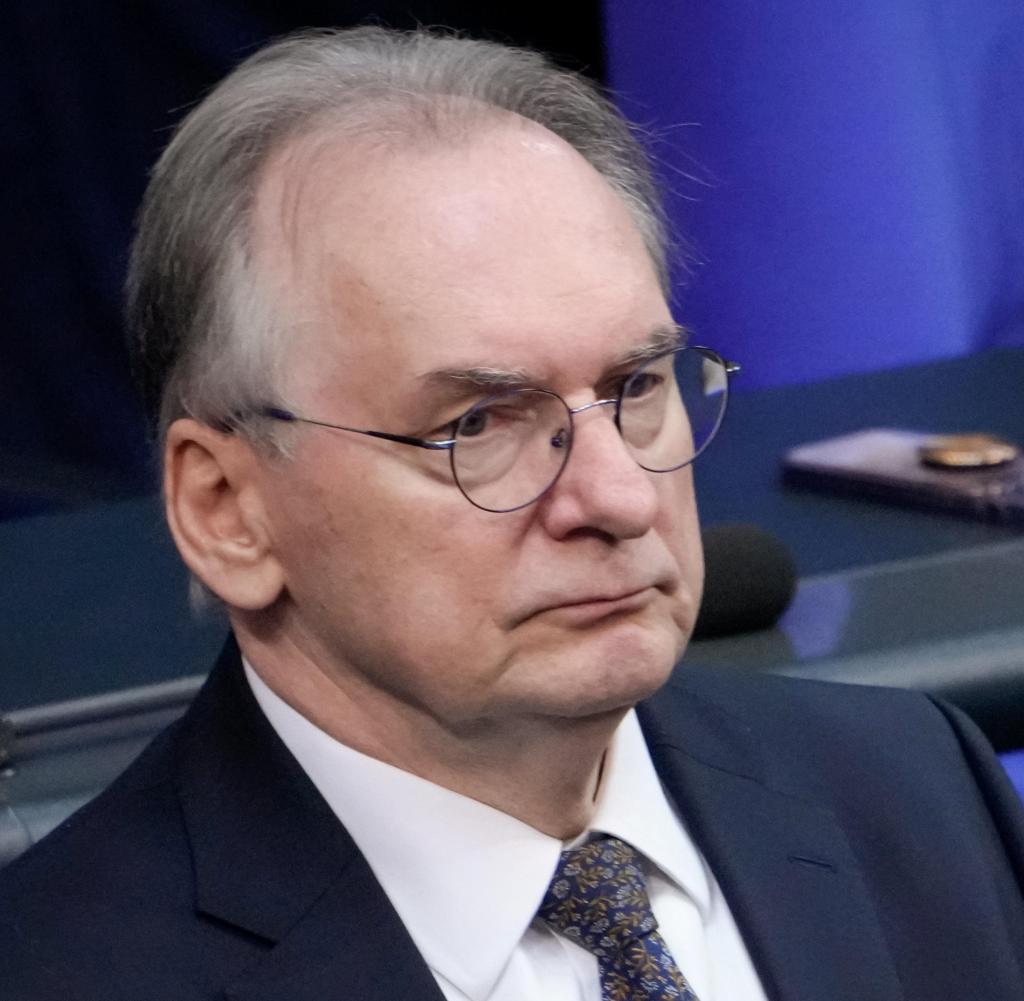Saxony-Anhalt’s Prime Minister Reiner Haseloff (CDU) has reiterated his opposition to an increase in broadcasting fees. Instead of increasing the contribution, public broadcasters should save, he told the news portal “t-online” in an interview published on Saturday evening. There is potential “from the salary structures to the pension scheme to the range of programs”.
Haseloff questioned the need for quantity and variety of programming: “The broadcasters produce 394 hours of television and 1,452 hours of radio per day, not including digital channels and online offerings, mind you. A lot of things are not absolutely necessary.”
Public service broadcasting is an “important pillar of our democratic society,” explained Haseloff. But the number of broadcasters is too high: “Do we also need 20 TV and 70 radio programs plus countless online formats, some of which have absolutely low ratings?” Public broadcasting goes far beyond what was once defined as basic service – “and twice, namely on ARD and ZDF,” emphasized the Prime Minister.
The broadcasting fee that every household pays for ARD, ZDF and Deutschlandfunk per month is currently 18.36 euros. For the next four-year contribution period from 2025, the broadcasters reported their financial requirements to the Finance Commission KEF at the end of April: They expect annual growth rates of 2.16 to 2.71 percent. The prime ministers of the federal states determine the license fee based on a recommendation from the KEF.
“Kick-off Politics” is WELT’s daily news podcast. The most important topic, analyzed by WELT editors, and the dates of the day. Subscribe to the podcast on Spotify, Apple Podcasts, Amazon Music, among others, or directly via RSS feed.





















